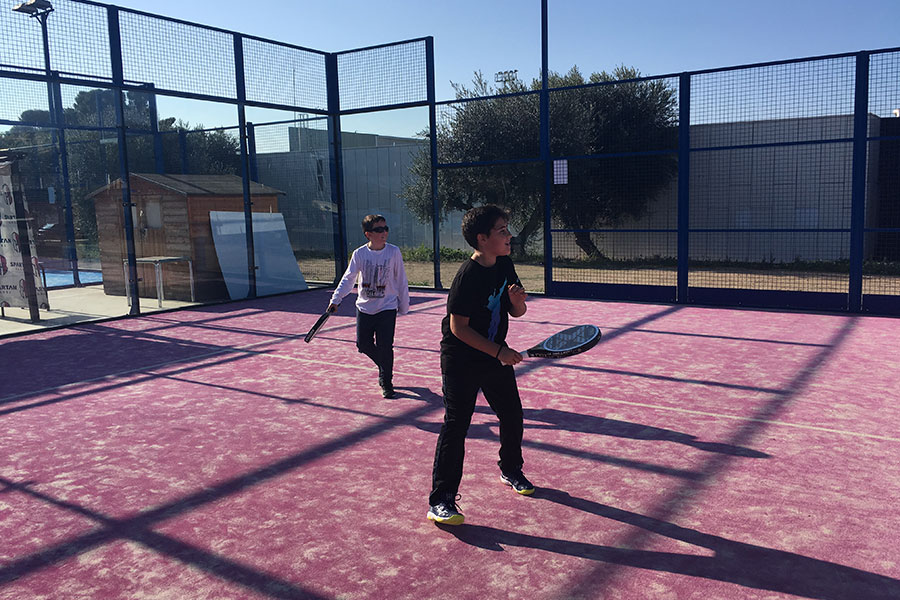Age for children to start playing padel
Every year, more and more parents are starting to see the game of padel as one of the recommended sports for the overall development of their children. However, there is always a lot of doubt, especially about at what age they should start practising the sport and practising playing padel.
Gradually, society is beginning to take into consideration the importance of practicing sports and healthy habits that help counteract the stress and gusts of everyday life. There are many studies that talk about the need to start playing sports from a very young age, and in this sense, padel stands out because of the ease and enjoyment with which children start playing this open, socially speaking, sport.
As is usually the case in any discipline, the game of padel requires a certain technique and correct movements, which is why it is not advisable for children to start training in padel at a very young age. According to world experts, the lowest age to start padel training is 5 years old, although this will of course depend on the child’s sporting skills and physical development.

What are the benefits of playing padel for children?
Not only will it facilitate the development of children’s movement coordination, increasing its psychomotor level, but it will also help them improve their spatial orientation and hand-eye coordination. In turn, being an aerobic discipline that produces significant calorie burning, padel helps fight obesity, and improves muscle tone in children’s bodies.
The benefits of playing padel not only focus on a child’s physical development, but also help develop social and personal skills in communication. Being a team and pairs sport, padel, improves socialisation of children by teaching competition and cooperation.
Entertainment is the most important aspect of the relationship between sports and children. At this age, they need discipline that they enjoy and motivates them. padel, which has simple and interesting instruction, usually meets the expectations of children starting to train. Another important benefit that should be emphasised is that, being a relatively easy sport to learn, allowing rapid progress at a technical level, with appropriate training, children will gain confidence and their self-esteem will increase.
The right steps for teaching children how to play padel.
It should not be forgotten that they have a different rhythm than adults and therefore it should be primarily a form of enjoyment rather than an obligation. It is good that this activity is done because the children have chosen it and not because their parents have imposed it on them.
It should also be borne in mind that children’s concentration and physical strength is lower than that of adults, and therefore a different training procedure should be established. If a child is a good padel player and wants to participate in official competitions and events, we must know that this requires more intensity in training and coaching and that parents play a fundamental role to achieve a good balance between learning and competition.
